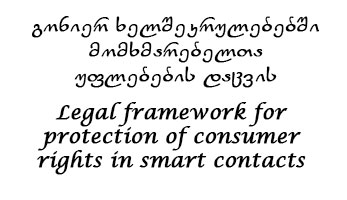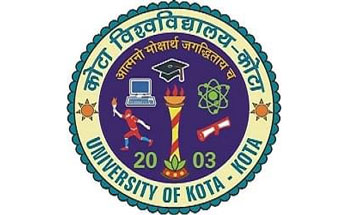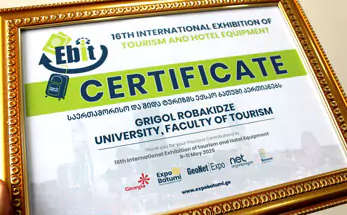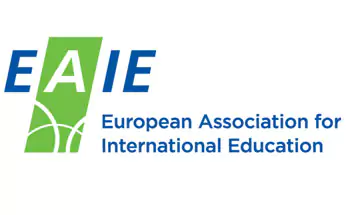In modern reality, the connection between technology and the concept of transaction is inevitable. The German doctrine of a possible connection between transaction and technology has existed for more than a century. The development of technologies in this form is the result of the free expression of human will. Therefore, the transition to the technological stage of the transaction is also a logical development Smart legal contract refers to legal contracts that are partially or fully represented and/or executed by a computer program. Initially, the concept of “smart contract” was introduced by the famous American scientist, specialist in the field of law and cryptography Nick Szabo in 1994.

There are several challenges to this conception of smart contracts, automated agents, and consumer protection. Because these theoretical challenges represent the current received legal wisdom. Consumer Protection Acts have two key actors. This is the consumer and its antipode – the entrepreneur. The concept of the consumer is defined in the relevant acts, including the European Council Directive 93/13/EEC of April 5, 1993 – on unfair terms in consumer contracts, in Article 2, subparagraph “b”, according to which “the consumer is any natural person whose participation in this in the contractual relations provided by the directive, it is not related to his commercial, entrepreneurial or professional activities”. At the same time, an entrepreneur, who in accordance with the context of a specific directive can be called a trader, lender, supplier, or seller, Is a person who enters a contract with a customer within the scope of his trade, business, or professional activity. “The consumer’s inexperience and „weakness“ require rebalancing between the parties to the relationship”. Legislatures and courts often seek to protect consumers from an unequal playing field. Such protection is expected to extend to users who are parties to a smart contract. Nowadays, various legal acts in the direction of consumer protection operate within the European Union. Four main areas of EU consumer law can be distinguished: Consumer Rights in General, Unfair Contract Terms, Unfair Commercial Practices, and Defective and Uncertified Goods. Each area serves to protect users from specific problems, each of which depends to a different degree on the use of a smart contract, as opposed to a traditional contract.
The purpose of the Law of Georgia “On Protection of Consumer Rights”, which is stated in the first article of the law, is to define the legal basis of consumer rights and to promote a culture of behavior based on consumer respect. The Law of Georgia on the Protection of Consumer Rights does not provide for the definition of a smart contract. According to the legislation of Georgia, there is no unequivocal answer to whether the law on consumer rights applies to a reasonable contract. But the practice of the European Union and the interpretation of the Directive on Consumer Rights should be considered because the Law on Consumer Rights of Georgia is created based on the European Union Directive and as mentioned, its purpose is to define the legal bases of consumer rights.





